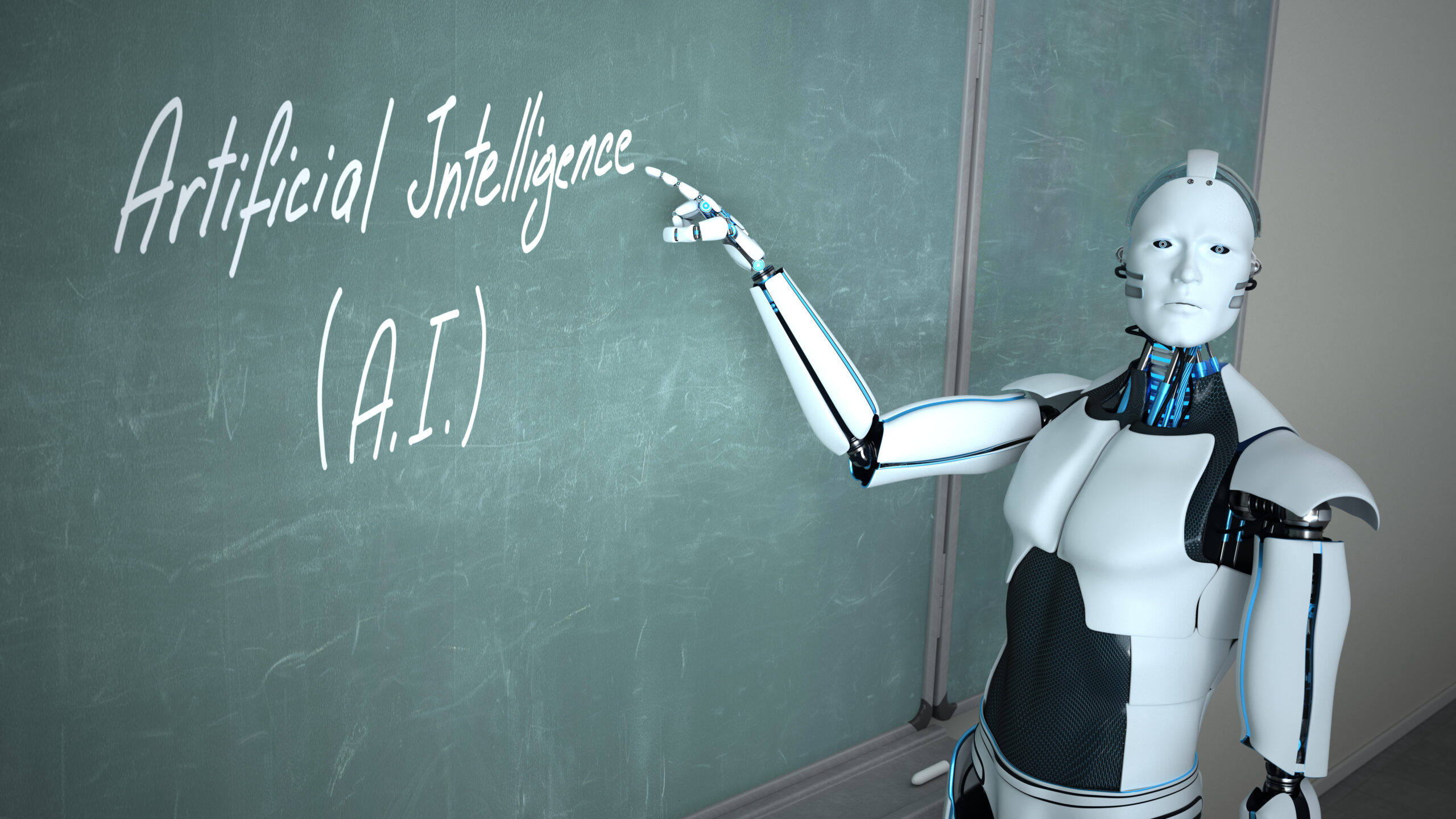A glimpse at the next 5 years of AI in Education

In recent years, the world of education has witnessed a remarkable transformation, largely fueled by advancements in Artificial Intelligence (AI). As we look ahead to the next five years, it’s clear that AI will continue to play a pivotal role in reshaping how we teach and learn. In this blog post, we explore the exciting possibilities that AI holds for education while maintaining a balanced perspective.
1. Personalized Learning: AI is set to revolutionize the way students are taught by enabling personalized learning experiences. With AI-driven algorithms, educators can tailor curriculum content to individual students’ strengths and weaknesses, ensuring that no one gets left behind and that gifted students are challenged appropriately. This personalized approach allows for more effective learning outcomes.
2. Intelligent Tutoring Systems: Imagine having a virtual tutor available 24/7 to help with homework and answer questions. AI-powered intelligent tutoring systems will become increasingly sophisticated, offering real-time assistance and feedback to students as they work through problems and assignments. This will not only enhance understanding but also foster independence in learning.
3. Data-Driven Insights: AI can analyze vast amounts of data to provide educators with invaluable insights into student performance. Predictive analytics can identify students at risk of falling behind, allowing for timely interventions. Teachers can use this data to adapt their teaching methods and provide targeted support where it’s needed most.
4. Automated Grading and Feedback: AI-driven grading systems can relieve teachers of the burdensome task of manually grading assignments and tests. This allows educators to focus on more meaningful interactions with students while providing timely feedback. Moreover, AI can detect patterns in errors, helping teachers address common misconceptions effectively.
5. Language Learning and Translation: AI-powered language learning platforms are making it easier than ever to acquire new languages. These platforms can adapt to individual learning styles and provide instant translation services, breaking down language barriers and expanding global communication.
6. Virtual Reality (VR) and Augmented Reality (AR): AI-driven VR and AR applications will provide immersive learning experiences, enabling students to explore historical sites, conduct virtual experiments, and engage with complex concepts in a three-dimensional environment. This technology can make learning more engaging and memorable.
7. Assistive Technology: AI is a game-changer for students with disabilities. Text-to-speech and speech-to-text AI tools, for instance, can level the playing field for students with visual or hearing impairments. These technologies foster inclusivity and enable all students to access educational content effectively.
8. Curriculum Enhancement: AI can help educators identify gaps and overlaps in curriculum, ensuring that students receive a well-rounded education. Additionally, AI can recommend supplemental resources and materials to enrich the learning experience.
9. Ethical Considerations: As we embrace AI in education, it’s crucial to address ethical concerns. Safeguarding student data, ensuring algorithmic transparency, and avoiding bias in AI-driven decisions are paramount to responsible implementation.

